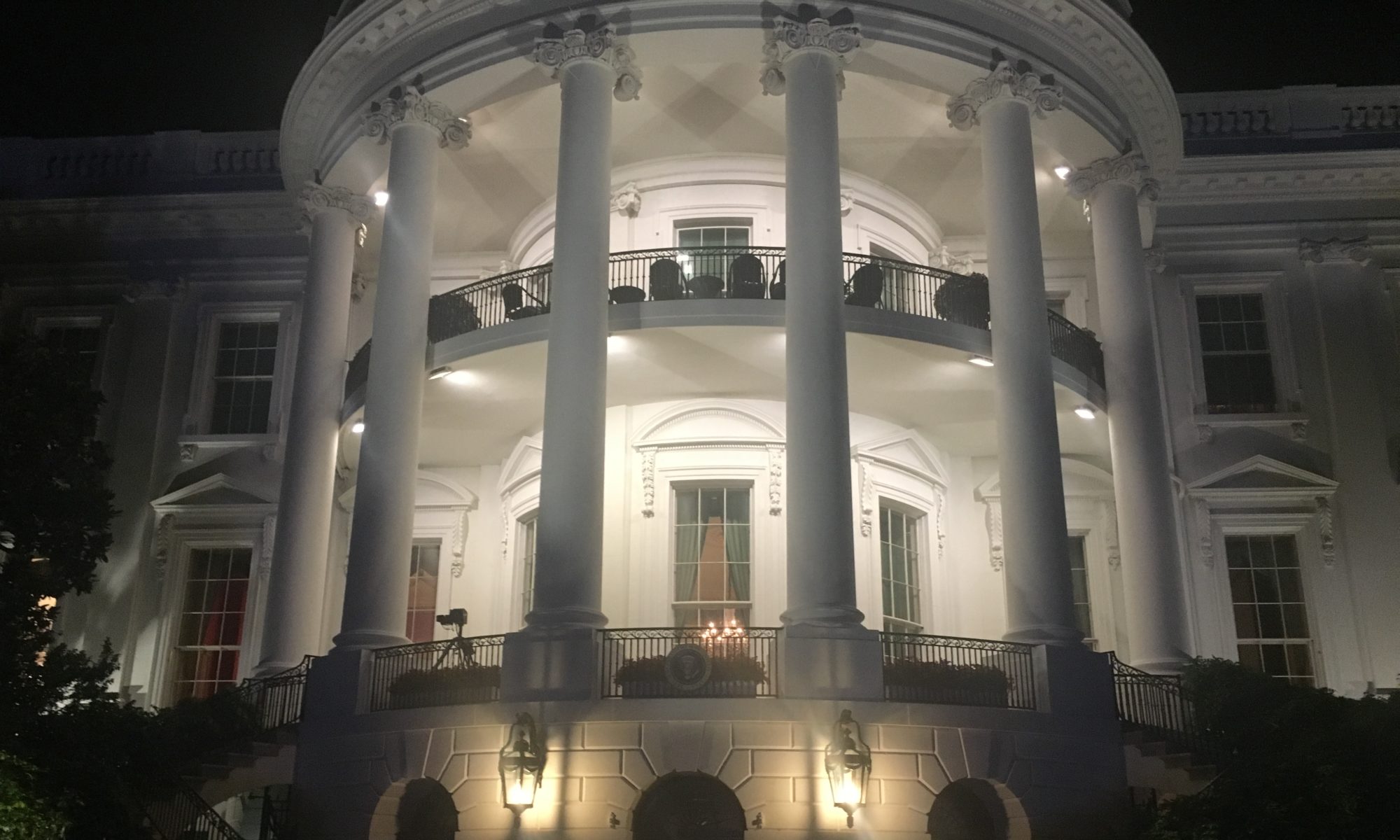June 21, 2019
Reparations has been on everyone’s minds of late. Eleven of the major candidates have proposed serious study of the issue. Mitch McConnell (naturally) trolled 37 million Black Americans by stating that reparations for slavery were not a “good idea,” (Source: “McConnell opposes paying reparations: ‘None of us currently living are responsible’ for slavery,” by Ted Barrett, CNN.com, 6/19/19). The underlying ahistorical assumption of McConnell’s statement is that emancipation wiped the slate clean and that formerly enslaved people were immediately given full citizenship with the same political and economic rights as their white fellow citizens. Even a sentient fourth grader knows how ridiculous that is.
At the historic hearing held on Wednesday on H.R. 40, (the legislation proposing a commission to study proposals for reparations), Ta-Nehisi Coates acidly rebuked McConnell, tying the century of Jim Crow and discriminatory government policy to the legacy of slavery, stating, “while emancipation dead-bolted the door against the bandits of America, Jim Crow wedged the windows wide open,” (Source: “At Historic Hearing, House Panel Explores Reparations,” by Sheryl Gay Stolberg, The New York Times, 6/19/19).
The hearing was held on Juneteenth, the holiday celebrating the date in 1865 when enslaved people in Texas finally learned that they had been freed by Lincoln’s Emancipation Proclamation 2 ½ years earlier! Speculation as to the cause of the time lag varies from a belief that the messenger was murdered, to an assertion that Union troops purposely delayed arriving to allow plantation owners one more cotton harvest with “free” labor (Source: “Juneteenth: ‘The Emancipation Proclamation– Freedom Realized and Delayed,’” by Texas Institute for the Preservation of History and Culture, Prairie View A & M University, pvamu.edu).
That combination of subterfuge and violence is an apt metaphor for the shapeshifting way that the commitment to white supremacy has driven a determination to subjugate Black people that has persisted across generations. The methods employed ranged from laws passed in the quiet halls of the legislature to terroristic violence that drove six million Black people to flee the South between 1910 and 1960. When we ask for reparations, we are asking,for example, for recognition that many of the New Deal programs which form the foundation of white wealth in this country, were explicitly designed to exclude Black people.
The Federal Housing Administration invented redlining, which designated any community where Black people lived as ineligible for federal mortgage guarantees, thereby starving them of investment (Source: “A Forgotten History of How the U.S. Government Segregated America,” highlight of Fresh Air interview with Richard Rothstein, by Terry Gross, NPR.org, 5/3/17). The concomitant decision to base school funding solely on local property taxes ensured that Black people would be consigned to inferior schools long after the Brown decision outlawed school segregation. The persistence of discrimination in housing and mortgage lending, even after passage of the Fair Housing Act of 1968, ensured that the enormous wealth gap between Black and white Americans would never be narrowed. It is time that those who scoop up decaying properties in urban neighborhoods acknowledge that Black and Brown people are not living in these islands of concentrated poverty by chance or by choice. It is time that those who resist re-organizing public education to give Black and Brown children equal access to gifted and talented programs; AP classes and even clean and decent school buildings, recognize that they are continuing in the tradition of those who further white supremacy by refusing to educate nonwhite children. The call for reparations is a call for recognition that the prosperity of the many is built on the blood and bones of Black people. It is a debt accruing interest. It is time for it to be paid.
